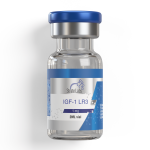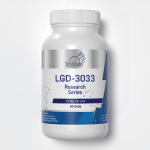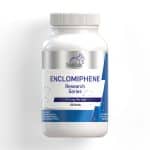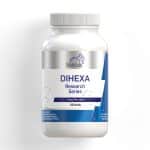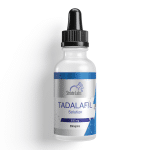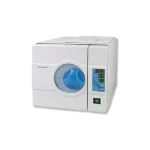The Uses of Bacteriostatic Water and Where to Get it
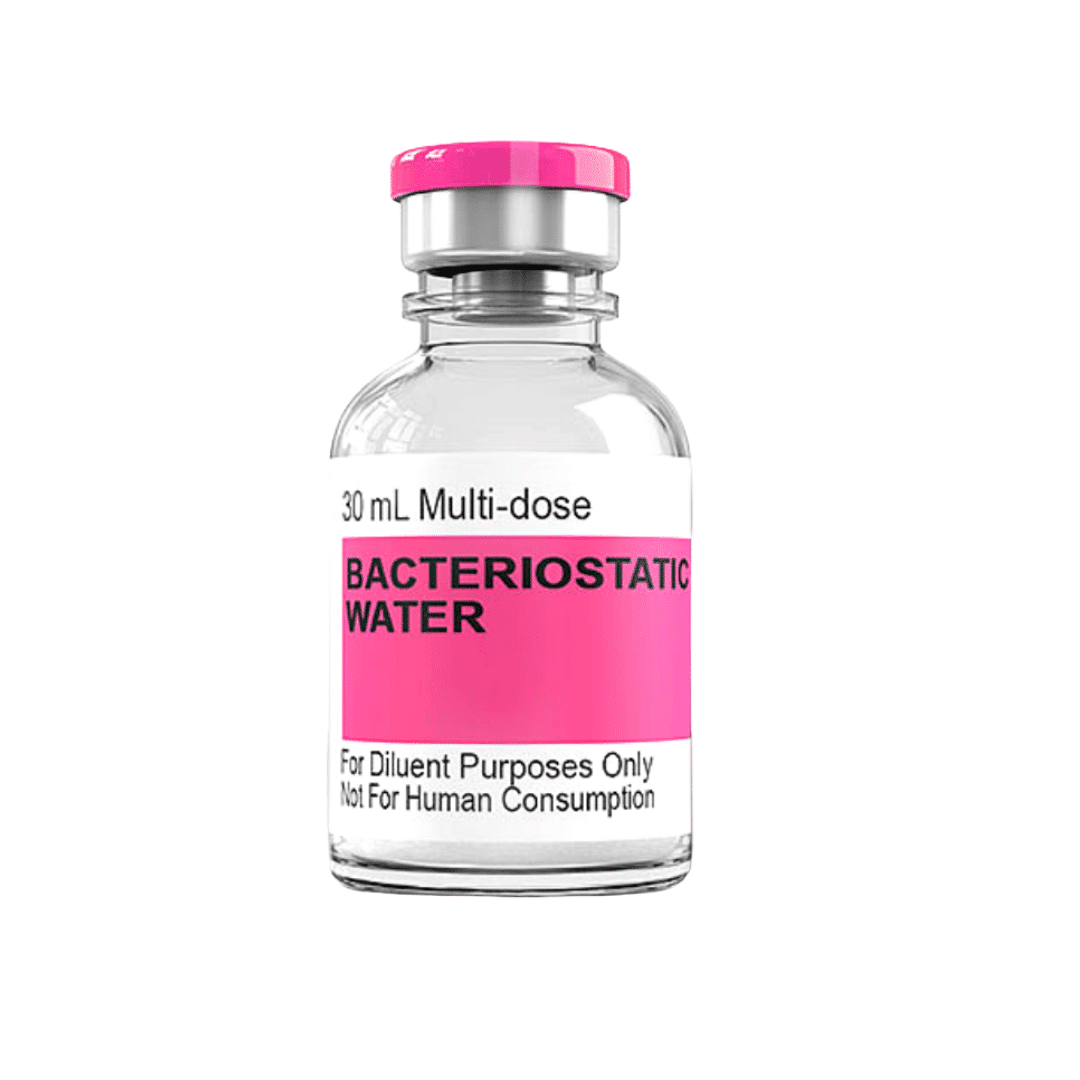
Welcome to the topic The Uses of Bacteriostatic Water and Where to Get it?
Manufacturers create Bacteriostatic Water by mixing sterile water with benzyl alcohol. Pharmaceutical companies use this solution to create injectable medication solutions.
Bacteriostatic Water serves various medical objectives, including dilution and acting as a solvent. People can also use it at home for general reasons. In every one of these scenarios, you’ll need a solvent that has absolutely no microbial load and works as a growth inhibitor for microbes.
Sterile Water Instead of Bacteriostatic Water?
People not familiar with microbiology often ask this question when prescribed medication needing dilution. But, it’s important to know that sterile water for Injection differs from sterile water for washing or irrigation. Before using, follow package instructions and use sterile water.
Sterile Water, lacking benzyl alcohol, is single-use due to contamination risk, making it less practical for medical injections. Medication instructions usually specify the type of water to use for dilution. Use the water specified in the instructions, even if bacteriostatic Water can substitute sterile water. Consult your doctor if unsure about the type of water, especially if not specified on the bottle. Your physician is the most reliable source of information regarding your medication.
Uses of Bacteriostatic Water?
Besides its predominant medical use, bacteriostatic water has other applications.
For instance:
- Highly concentrated liquid medications with multiple applications may require dilution with bacteriostatic water.
- Your doctor may prescribe powdered medications that need mixing with a liquid before injection.
- Bacteriostatic water cleans or prevents bacterial growth in equipment like humidifiers. One example of this would be a humidifier.
SIDE EFFECTS
Possible reactions include extravasation.
If an adverse reaction occurs, the infusion must be stopped, the patient must be evaluated, suitable countermeasures must be implemented, and the remaining unused vehicle must, if at all possible, be recovered and stored for further study.
This is the case even though it is not known whether or not people experience adverse reactions after receiving intravenous, intramuscular, or subcutaneous injections of benzyl alcohol at a concentration of 0.9 percent. The administration of approximately 9 mL to a newborn or infant weighing 6 kg has the potential to cause changes in the infant’s or neonate’s blood pressure.

DRUG INTERACTIONS
It’s possible that certain injectable medications won’t work properly in a particular vehicle if they’re mixed together in the same vehicle or if the vehicle contains benzyl alcohol. If you have access to a pharmacist, you should seek their advice. Employ the aseptic procedure for entrance and withdrawal from all containers, whether single or numerous times.
When it comes to dilution or dissolving drugs, make sure to mix everything well and utilize them as soon as possible. If the maker of the solute does not specifically instruct you otherwise, you should not store reconstituted solutions of medications intended for Injection. If the solution is not clear and the seal is still intact, do not use it.
PRECAUTIONS
Avoid intravenous injection of Bacteriostatic Water unless additives create an isotonic admixture. It should not be used for intravenous Injection.
Consult manufacturer’s instructions for medication dilution, route, and rate of injection.
Inspect reconstituted medications for clarity and absence of precipitate or discoloration before administration.
Pregnancy Category C
No animal reproduction studies exist for Bacteriostatic Water. Potential harm to a fetus or reproductive capacity from Bacteriostatic Water additives in pregnant women is unknown. Administer Bacteriostatic Water to pregnant women only when absolutely necessary. Bacteriostatic Water (bacteriostatic Water (bacteriostatic Water for Injection) for Injection) for Injection, USP contains additives.
Pediatric Use
Bacteriostatic Water (bacteriostatic Water (bacteriostatic Water for Injection) for Injection) Injection, USP has not been studied in pediatric patients. Thus it is unknown whether or not it is safe and whether or not it is effective. Solutions that contain benzyl alcohol should not be administered to neonates because of the risk of toxicity that they may provide.
OVERDOSE
It should only be used as a solvent or diluent. It is quite unlikely that this preparation will represent a concern of fluid excess, with the possible exception of extremely young babies. In the case that any of these things happen, it is necessary to re-evaluate the patient and take the necessary corrective actions. Please refer to the WARNINGS, PRECAUTIONS, and ADVERSE REACTIONS sections.
CONTRAINDICATIONS
Because benzyl alcohol can potentially be dangerous to newborns, it is imperative that this patient population not be given any solutions containing benzyl alcohol. For the purpose of replacing lost fluids, parenteral formulations containing benzyl alcohol should not be utilized.
In treatments requiring epidural or spinal anesthesia, preparations given parenterally that contain benzyl alcohol should not be used. Before it can be used, bacteriostatic Water for Injection that conforms to USP standards must be nearly isotonic.
CLINICAL PHARMACOLOGY
Water is a fundamental component of every tissue in the body and accounts for approximately 70 percent of the human body.
Several different regulatory processes are responsible for keeping the water balance in check. The concentration of electrolytes in the various bodily compartments is the primary factor determining water distribution, and sodium (Na+) plays a significant part in preserving physiologic balance. Bacteriostatic Water for Injection, USP, when used only as a pharmaceutic aid for dilution or dissolution of drugs for parenteral injection, is unlikely to exert a significant effect on fluid balance except possibly in very small infants. This is because of the small volume of fluid that is provided by Bacteriostatic Water for Injection, USP.
Where to get it?
Bacteriostatic Water is available for purchase online from a number of different vendors, including Amazon.com. On the other hand, given that you are a trained medical expert, we would advise that you acquire bacteriostatic Water from a medical supplier or pharmacy, such as Strate laboratories, rather than from any other source.
In spite of what certain publications on the internet might have you believe, attempting to create bacteriostatic Water at home is not a safe endeavor. The house is one place with the highest level of biological activity that people can inhabit. This indicates that even the air itself contains a load of fungi and germs.
For example, most people are unaware that MRSA, the bacteria responsible for staph infections, may continuously exist on the skin. That cannot be considered sterile. These providers have access to equipment worth tens of thousands of dollars, which has been intentionally purchased to prevent a scenario like this one from occurring. If you attempt to manufacture bacteriostatic Water, you will jeopardize your health.
Have any questions regarding the topic The Uses of Bacteriostatic Water and Where to Get it? Feel free to comment below.
Also Read: The Ultimate Guide to Trestolone Acetate
